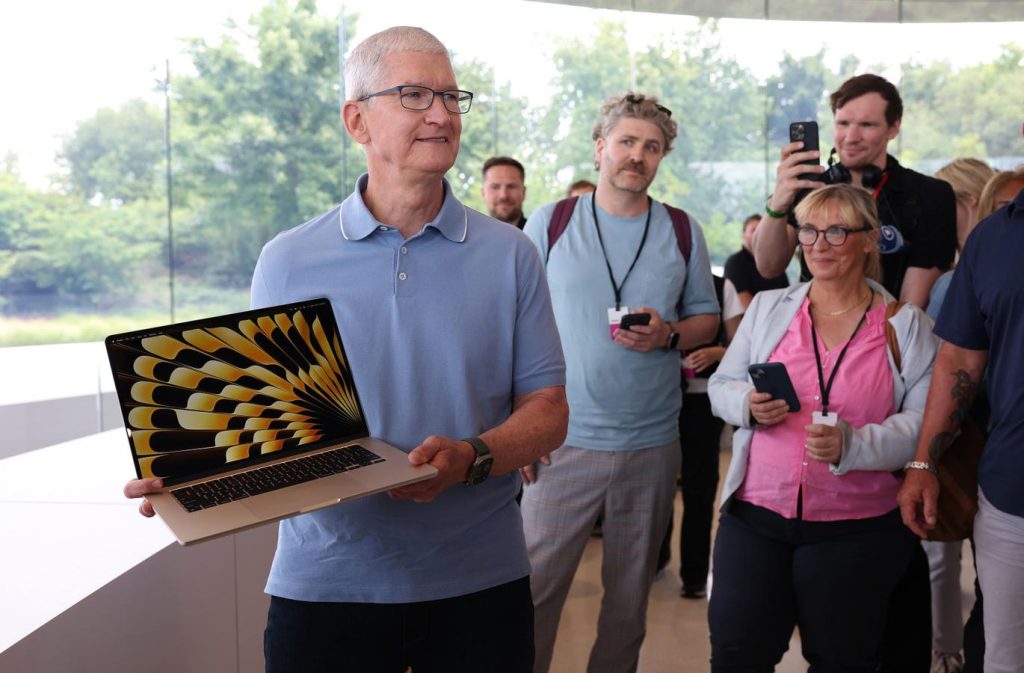The introduction of Apple Silicon with the M1-powered MacBook Pro and MacBook Air has set a new standard in desk-bound computing. With superior performance, extended battery life, and seamless emulation of x86-based apps, Apple’s ARM laptops have outperformed the competition. Windows 10 on ARM, powered by Qualcomm’s ARM-based chips, has focused on mobility and connectivity, but has struggled with weaker emulation capabilities.
Qualcomm’s latest chipset, the Snapdragon X Elite ARM, promises to bring Windows-powered laptops up to speed with Apple’s M1-powered MacBooks. Qualcomm recently demonstrated the chipset to reporters, showcasing its capabilities in gaming and app performance. While benchmark comparisons show promise, real-world testing will be necessary to see if it can match the M1’s performance.
Gaming performance, a crucial aspect of Windows computing, was highlighted in Qualcomm’s demonstration. While running Baldur’s Gate 3 under emulation, the Snapdragon X Elite delivered a solid gaming experience with 30 FPS, a minimum playable framerate. However, improvements still need to be made to enhance GPU performance and emulation under the Windows On Arm project.
Qualcomm’s journey to reach parity with Apple Silicon has been long, but the Snapdragon X Elite is a step in the right direction. With the chipset set to appear in laptops from various manufacturers this summer, the Windows ecosystem will have a chance to compete with Apple’s MacBook lineup. The future of Windows laptops powered by the Snapdragon X Elite chipset looks promising, giving Microsoft the runway it needs to drive Windows forward for the next decade.
As the market awaits the release of laptops featuring the Snapdragon X Elite this summer, the competition between Apple and Windows laptops will intensify. With both platforms vying for market share, consumers can expect higher performance and innovation in the upcoming generation of ARM-based laptops. Ultimately, the success of Qualcomm’s Snapdragon X Elite will determine the future trajectory of the Windows ecosystem and its ability to keep up with Apple’s advances in the ARM computing space.


